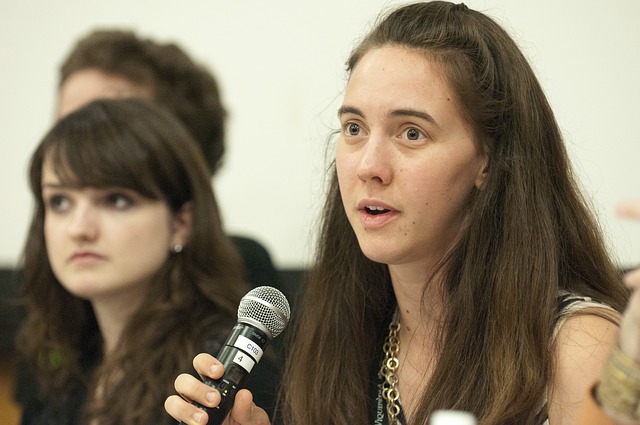Careers for Women in Psychology

Women & Psychology Careers
Over the years the field of Psychology has changed a great deal with regard to gender. If you go back 40-45 yers you can see clearly the men dominated Psychology. Data from 1970 showedthat women females received around 45% of all Psychology Bachelor’s degree, while data from the American Psychological Association (APA) showed that women received only 30% of all PhDs in psychology in 1975.
What is the status of women in Psychology today. Let's try and understand if (a) women earn more degrees, (b) women have more career opportunities as Psychology faculty, and (c) women with a Psychology background have greater chances for employment outside of Psychology.
In general, there have been major increases in the presence of women within psychology and psychology-related career paths. First, 2010 data showed that 75% of Bachelor’s degrees in psychology were awarded to women. It has been argued that this increase is due to both more women being enrolled on college campuses, and that women may be drawn to the field (at least for clinical areas) because they view themselves as more empathic than men.
Second, APA showed that in 2008 women received 70% of all PhDs in Psychology. However, although women have been awarded the majority of PhDs in most sub-areas, in Cognitive Psychology women received 50% of PhDs. In addition. the increase in the number of PhDs has yet to lead to women surpassing men in senior faculty positions: Associate Professor (about 50%-50%), and Full Professors (women 30% and men 70%). It could be argued that it will simply take for women to be promoted to these advanced positions.
Third, the career opportunities outside of Psychology are looking very good for women with a Psycholog backgroundy:
Lawyers 5% (1970) 34% (2015)
Teachers 60% (1970s) 76% (2011)
Federal Government 15% (1976) 44% (2009)
Military 3% (1970) 15% (2009)
Medical Doctors 10% (1970) 33% (2014)
Social Work 64% (early 1980s) 82% (2013)

Please note that the comments of Dr. Golding and the others who post on this blog express their own opinion and not that of the University of Kentucky.
Want More?
Visit our website to learn more about possible careers for psychology majors or those interested in jobs that involve psychology.
Learn how to succeed in college with Professor Golding’s blog.
Check out Dr. Lippert’s website to learn about her work as a cognitive psychologist.
Follow us on Twitter and Facebook
References
Baron-Cohen S (2002). The extreme male brain theory of autism. Trends Cogn Sci 6(6): 248–254. doi:10.1016/S1364-6613(02)01904-6. PMID 12039606.